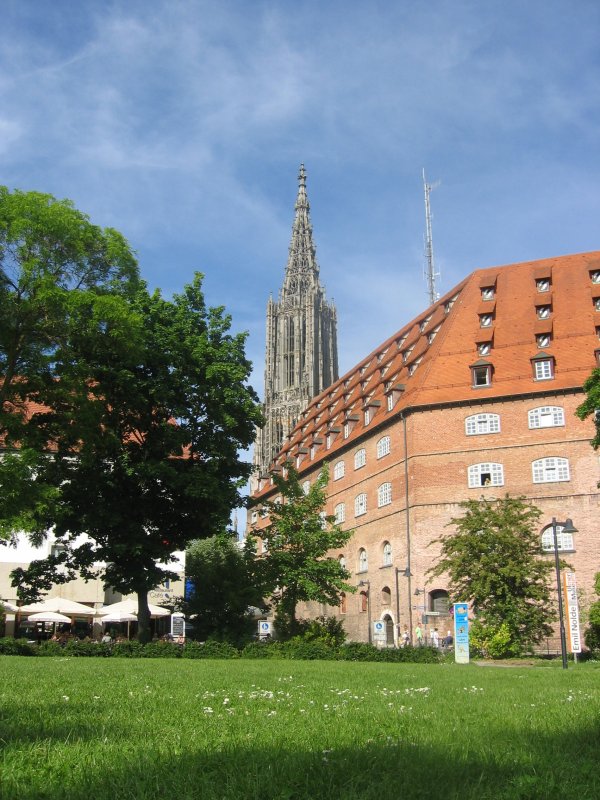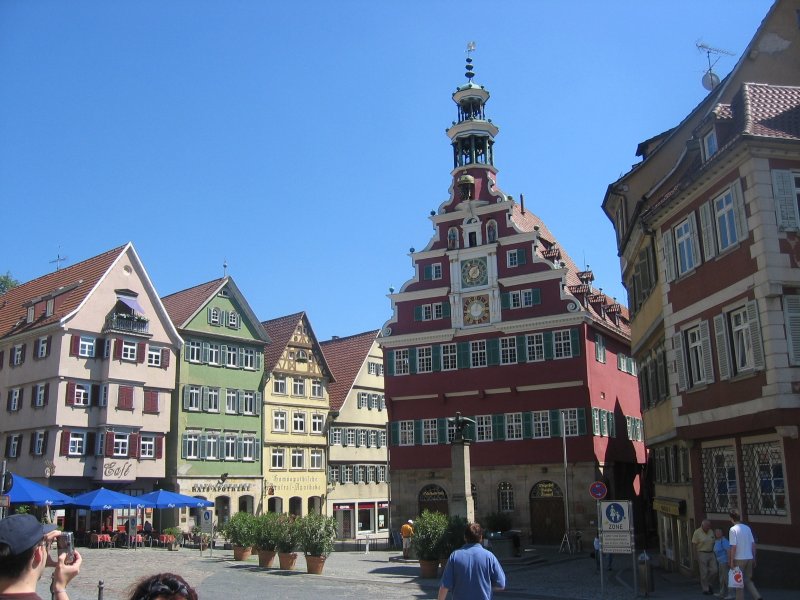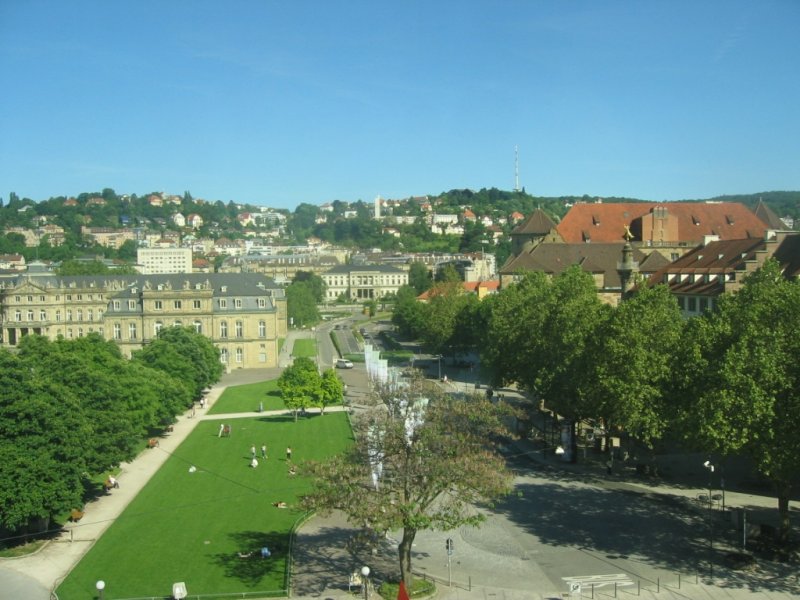Suso Baleato has written a very nice article (in galician) about the urgent need of a “Migración” in the galician government to Free Software.
As he says: “Socialmente xusto, tecnolóxicamente sustentabel: o software libre é a única opción se queremos incrementar a competitividade económica ao tempo que a nosa viabilidade cultural.” (Socially fair, technologically sustainable: the Free Software is the only way if we want to increase our economic competitivity at the same time we increase our cultural viability).
We will see soon if the winds of change are real.









